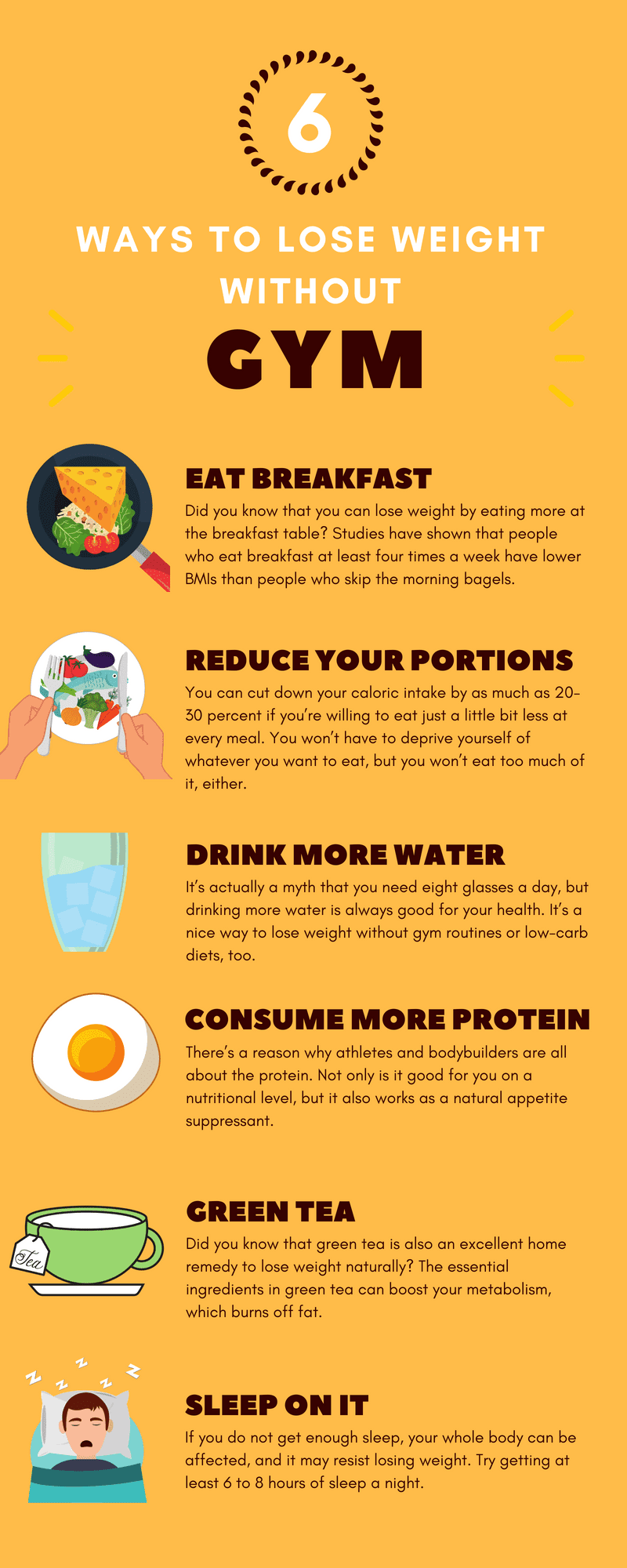More than one-third (34.9% or 78.6 million) of U.S. adults are obese. The estimated medical cost of obesity in the U.S. $147 billion; the medical costs for people who are obese were $1,429 higher than those of normal weight (annually). – Centers for Disease Control and Prevention
Obesity – a condition characterized by “extreme” amounts of body fat – is now considered an epidemic in the United States. In other words, obesity is far too common among American citizens in proportion to the country’s population. Being obese is also a serious health condition.
The potential health consequences of being overweight are perhaps the biggest cause for alarm. These health issues are well-documented and include illnesses such as diabetes, arthritis, heart disease, cancer and hypertension (high blood pressure). Daily life is also made more difficult in that overweight people are generally more fatigued and prone to depressive symptoms.
For many people, keeping their weight at a healthy level is a challenge. There are a number of different reasons for this: unfavorable genetics, proliferation of processed food, poor exercise habits, and detachment from healthy eating practices among them.
That said, there are ways to help shed some unwanted poundage – some of them quite simple.
Here are 25 ways to make losing weight a bit easier:
1. Eat at home more frequently
No medical degree is necessary to understand that fast food is detrimental to weight loss. Make the decision to eat and home and prepare accordingly.
2. Watch one hour less of TV
Television is a stationary activity; stationary equals inactivity; inactivity breeds weight gain. Omit one hour of TV and go for a walk instead.
3. More water and less soda
Soda and energy drinks are saturated with sugar, which is very counterproductive in losing weight. Drinking water eliminates toxins and speeds metabolism.
4. Plan out and write down meals each week
“Failing to plan is planning to fail” when it comes to losing weight. Impulse eating is never a healthy choice, especially when trying to drop pounds.
5. Evaluate emotions before digging in
Eating when nervous, depressed, frustrated or bored is a real thing. Food provides a temporary comfort that leaves behind only regret…and weight gain.
6. Walk up and down stairs for 10 minutes
10 minutes a day walking up and down stairs can shed as much as 10 pounds a year. Leave the elevators to the lazy ones, Rocky.
7. Resist the urge to eat fast
When the stomach is full, it takes 20 minutes to signal this to the brain. Eating slowly and deliberately makes it easier to recognize when fullness kicks in.
8. Close the kitchen after dinner
Closed, as in no food is available after dinnertime. Late-night snacking is an easy way to rack up calories and gain undesirable weight.
9. Recycle clothes that don’t fit
This is more of a motivational tool. When our “fat clothes” become too tight, make it a priority to give them away.
10. Walk 45 minutes a day
About that one hour of TV that was eliminated? Well, here’s a healthy and fulfilling alternative – 45 minutes of brisk walking each day is conducive to weight loss.
11. Make the traditional “night out” an active one
Instead of heading to a bar or restaurant, recharge by doing something active. Doesn’t mean it can’t be fun – check out tennis, racquetball, hiking, biking or walking the park.
12. Get a pedometer
Pedometers are those neat (and cheap) little gadgets that monitor the number of paces walked. On average, people take 2,000 to 3,000 steps per day. Adding another 2,000 is beneficial for a healthy weight.
13. Set the table conservatively
Unsurprisingly, the more food we place on the table, the more we eat. Serve food mindfully and resist placing too much on each plate.
14. Order the smaller portions
When eating out, opt for the smaller portions. Again, we eat less food when there’s less available.
15. Load the plate up with vegetables
Vegetables are a great source of fiber – an important nutrient for feeling satiated. Split peas, black beans, lima beans, peas and broccoli are among the highest in fiber content.
16. Lay off white foods
While low-carb diets have a tendency to go overboard, one of their basic tenets is true: white flour can cause weight gain. Opt for whole-grain bread and rice instead.
17. Eat a healthy cereal for breakfast
Five times a week, make cereal the breakfast food of choice. Different studies have shown that eating cereal at this proportion can help maintain a healthy weight.
18. Substitute loaded coffee for regular
Okay, black coffee may not taste the best…actually its putrid (writer’s opinion). Lay off the fancy (sugar-laded) concoction and add some artificial sweetener and/or milk.
19. Snack on nuts instead of (insert fattening snack here)
Nuts are very healthy, especially when compared to cookies, cakes, etc. Nuts such as almonds contain healthy fats and fiber, which wards off hunger and stokes the metabolism.
20. Downgrade milk type
Many of us love milk (raises hand), but it actually contains a good amount of calories. Actually, dropping down (2% to 1%, for example) can cut calories by as much as 20%.
21. Eat the majority of calories before noon
This really is simple, yet profound. Eating earlier in the day (1) decreases the likelihood of nighttime indulgence and (2) makes it easier to burn off calories during the day.
22. Brush teeth after each meal
Perhaps a tip for the hardcore, brushing after every meal signals to the body that mealtime is over.
23. Embrace the hot sauce
Hot sauce not only covers up that burnt meatloaf taste, it helps to rev the body’s digestive system. Most hot sauces are also low in calories.
24. Eat foods rich in water content
Soups, salads and vegetables such as tomatoes, zucchini and cucumber may help reduce calorie consumption.
25. Don’t go overboard
Take losing weight seriously, but not too seriously. Remember to enjoy life and treat yourself on occasion. On occasion…



















